Mission 1
IMPLEMENT
ENDANGERED
SPECIES
INTERVENTIONS

Chief of Conservation and Global Strategy
in saving endangered species.
Photo by Melquisedec Gamba-Rios, Ph.D.
Saving a single cave in Mexico & creating a bat sanctuary
In the foothills of El Tepozteco – a majestic mountain range that attracts thousands of tourists from Mexico City each weekend and has, in turn, accelerated residential and commercial development — a colony of bats the size of your palm might have been lost through the single swipe of a bulldozer or other human intrusions.
In collaboration with our partners in Mexico, Bat Conservation International (BCI) is on a mission to save Cueva del Diablo, a cave that serves as the only known winter roost and mating location for dwindling numbers of Endangered Mexican long-nosed bats (Leptonycteris nivalis). Already, clearing land to build weekend getaway retreats has come within five feet of the main entrance of the cave, and construction above the cave threatens to collapse part of the cave’s passages.
Photo by Dr. Ana Ibarra.
Bottom photo: Bulldozers above the cave were stopped to protect the bat roost below.
Photo by Dr. Ana Ibarra.
Saving a single cave in Mexico & creating a bat sanctuary
In collaboration with our partners in Mexico, Bat Conservation International (BCI) is on a mission to save Cueva del Diablo, a cave that serves as the only known winter roost and mating location for dwindling numbers of Endangered Mexican long-nosed bats (Leptonycteris nivalis). Already, clearing land to build weekend getaway retreats has come within five feet of the main entrance of the cave, and construction above the cave threatens to collapse part of the cave’s passages.
Photo by Dr. Ana Ibarra.
Bottom photo: Bulldozers above the cave were stopped to protect the bat roost below.
Photo by Dr. Ana Ibarra.
Rwanda
“Listening” for bats in an African rainforest
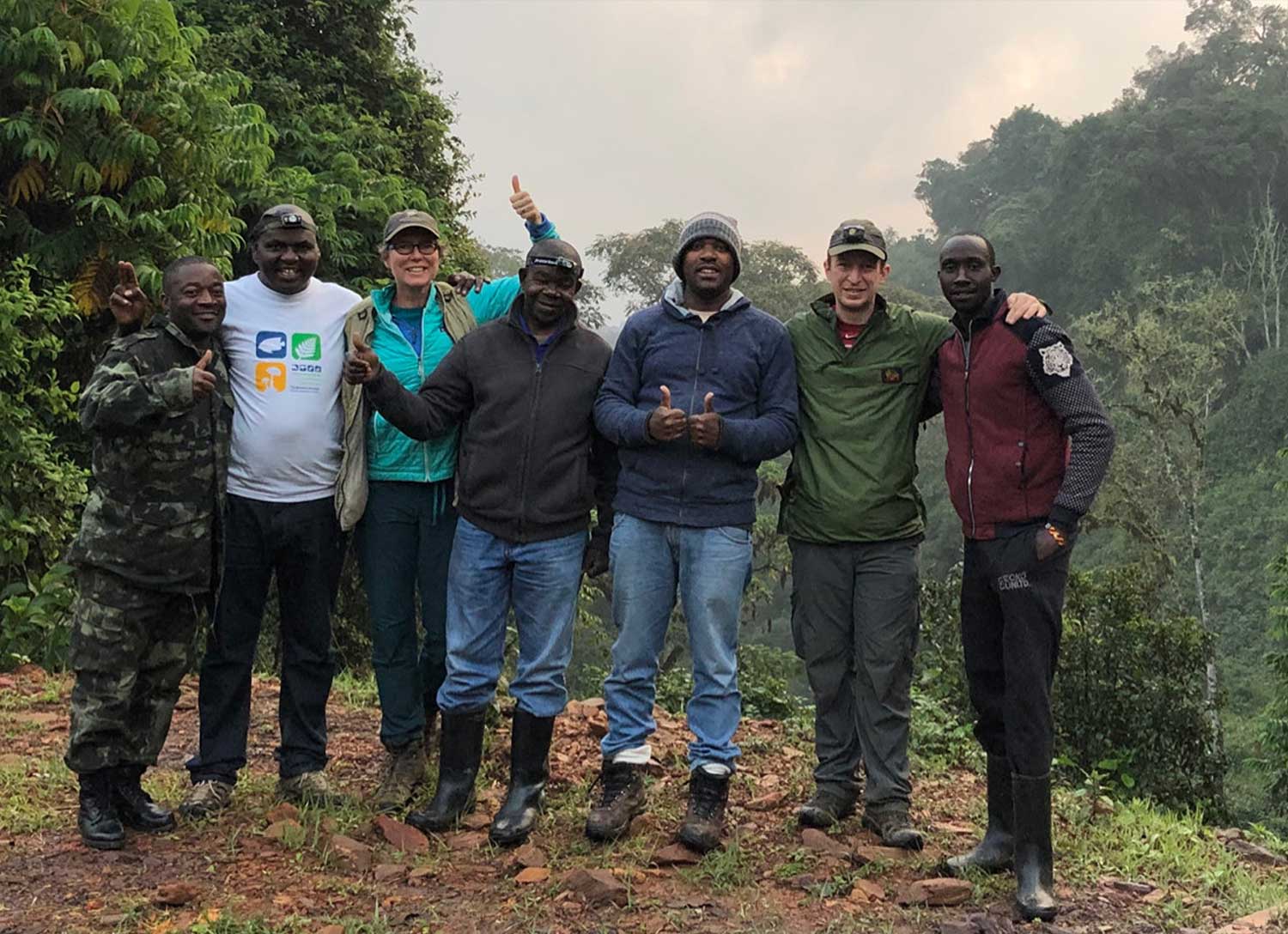
Photo by Dr. Winifred Frick.
Bottom photo: The Rwandan field team poses for a photo.
Photo by Dr. Winifred Frick.
In collaboration with the Rwanda Development Board, Rwanda Wildlife Conservation Association, and the Nyungwe Management Company, Bat Conservation International (BCI) is working with Nyungwe National Park rangers using acoustic detectors to search for some of the rarest species of bats in the world.
Park rangers, assisted by BCI, install acoustic detectors in various locations within the park to record bat echolocation calls. The data are then analyzed to determine species presence and distribution patterns, which are then used to guide conservation management decisions.
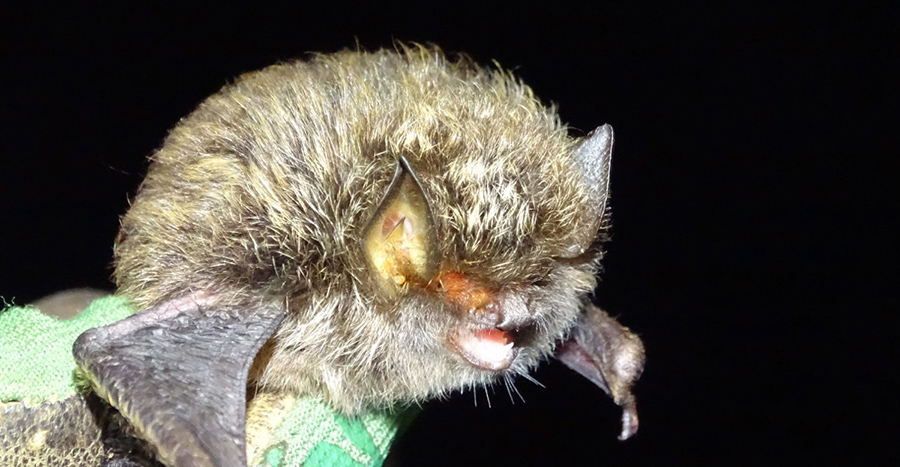
Photo by Dr. Winifred Frick.
Rwanda

“Listening” for bats in an African rainforest
In collaboration with the Rwanda Development Board, Rwanda Wildlife Conservation Association, and the Nyungwe Management Company, Bat Conservation International (BCI) is working with Nyungwe National Park rangers using acoustic detectors to search for some of the rarest species of bats in the world.
Park rangers, assisted by BCI, install acoustic detectors in various locations within the park to record bat echolocation calls. The data are then analyzed to determine species presence and distribution patterns, which are then used to guide conservation management decisions.
Photo by Dr. Winifred Frick.
Bottom photo: The Rwandan field team poses for a photo.
Photo by Dr. Winifred Frick.

Photo by Dr. Winifred Frick.
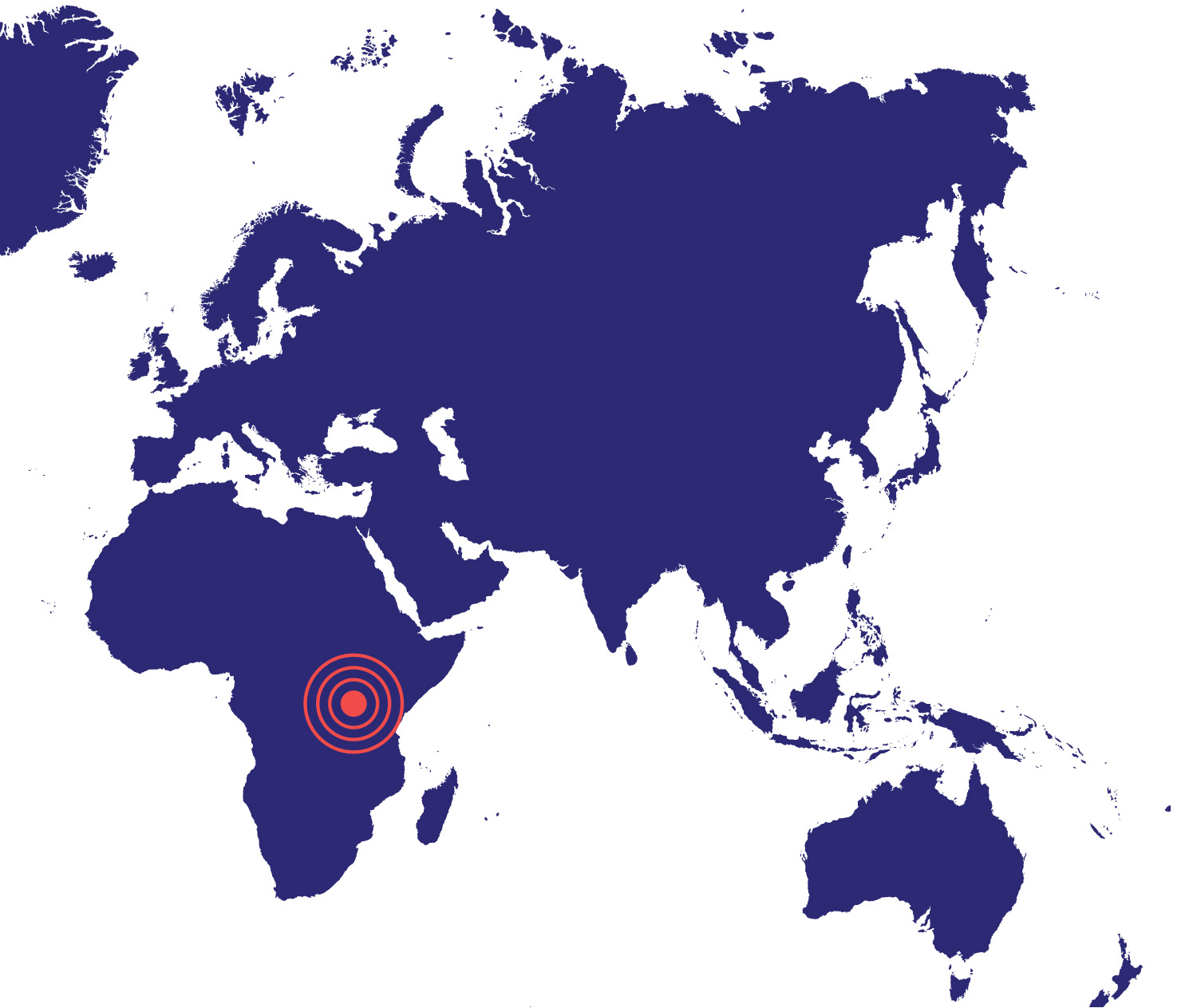

Director, Endangered Species Interventions
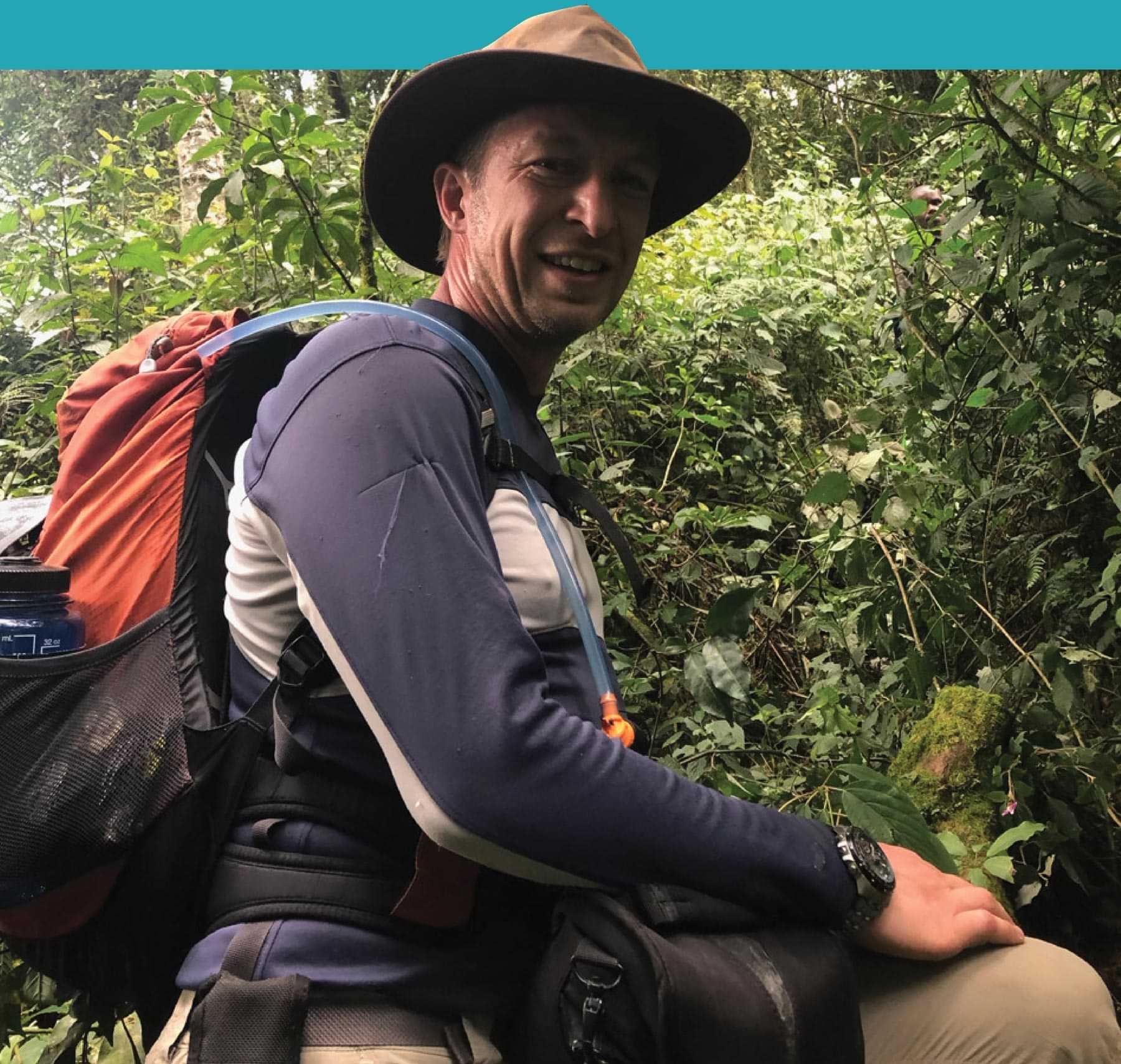
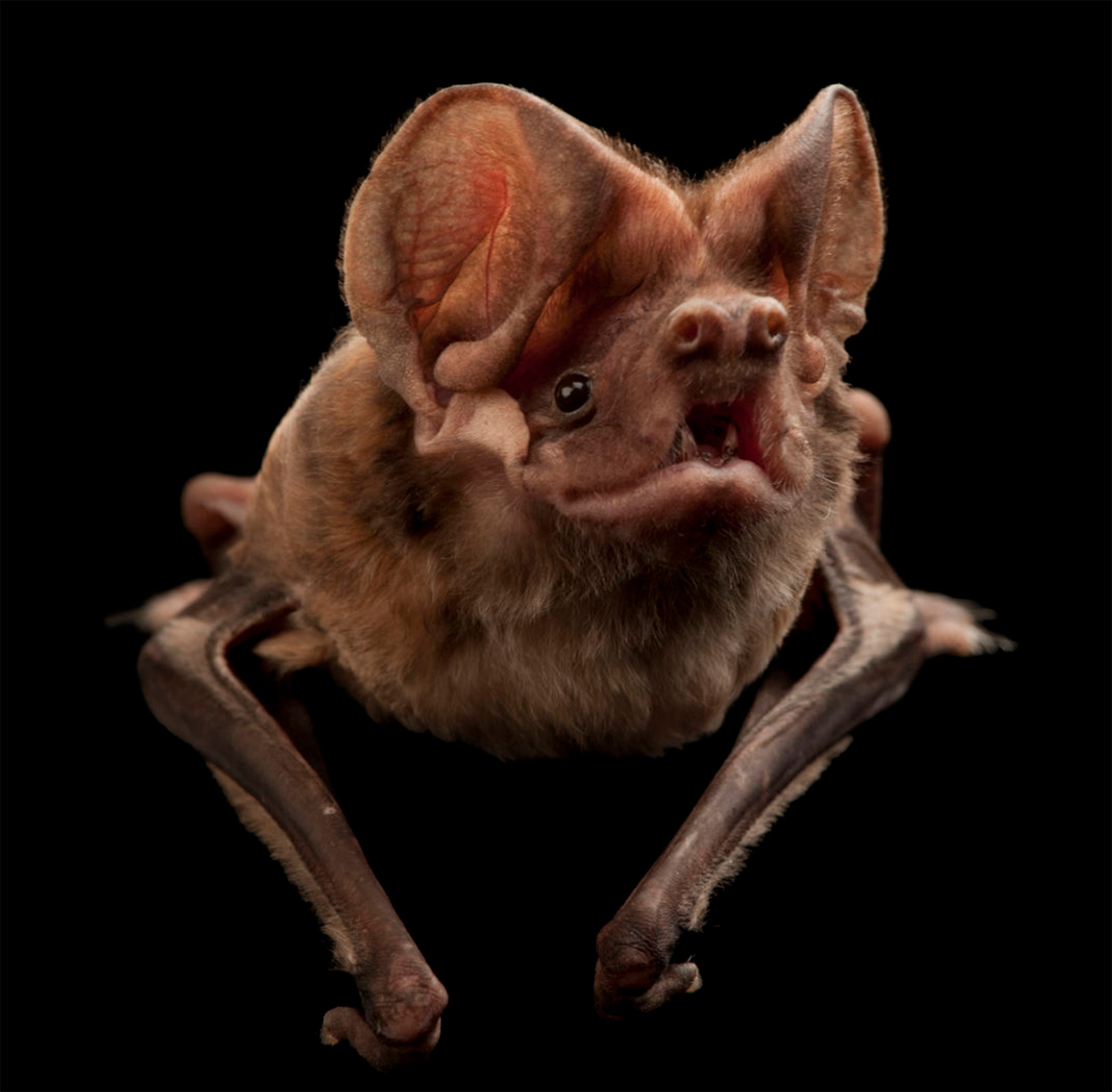
Florida bonneted bat Eumops floridanus.
Photo by Joel Satore.
FLORIDA
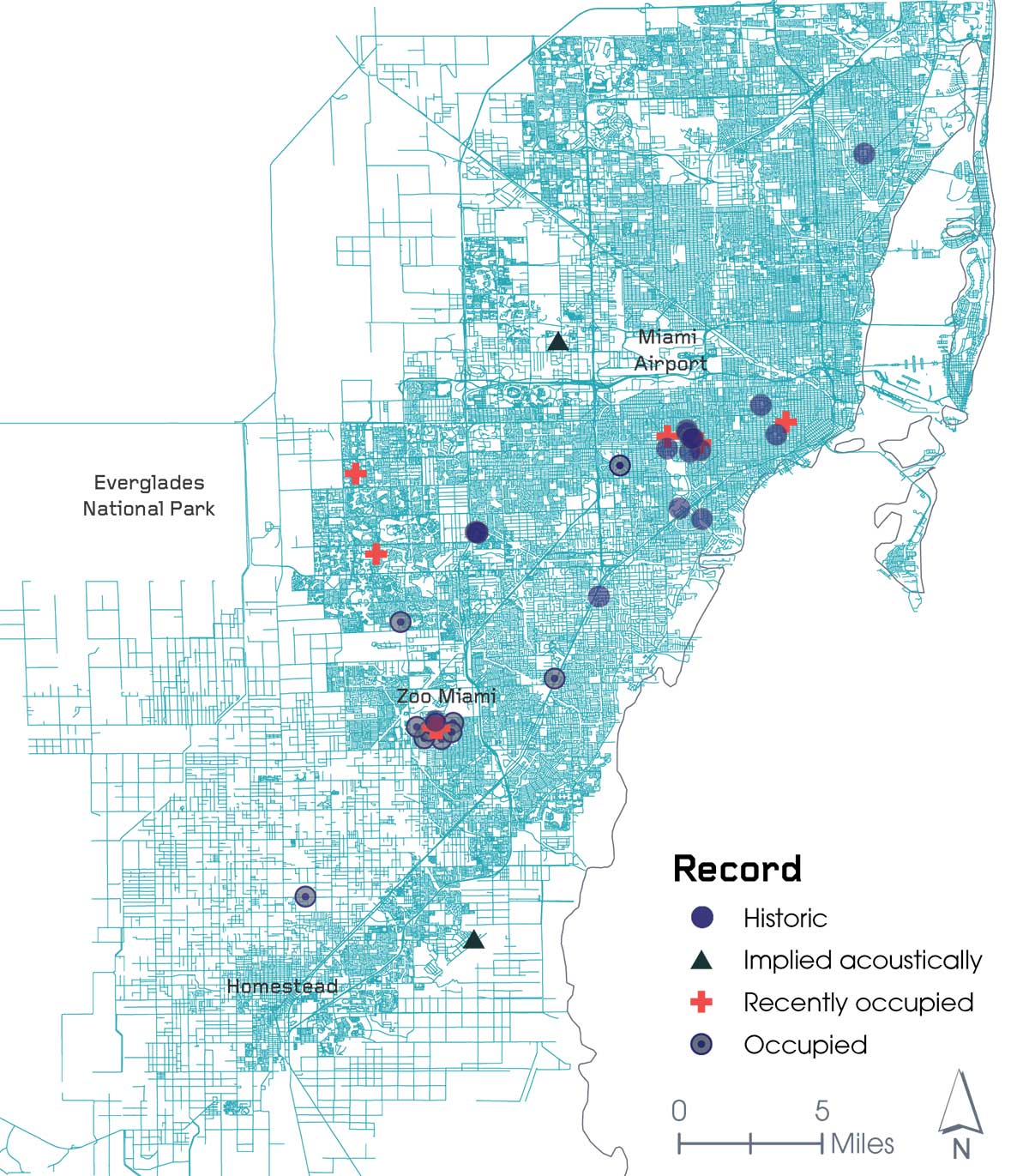
Racing to save the rarest bat in the U.S.
Bat Conservation International (BCI) and a broad spectrum of partners are racing to provide these federally Endangered bats with roosting and foraging sites as climate change and encroaching development decimate areas on which they depend. To save diminishing numbers of Florida bonneted bats, BCI:
- Documented (and continue to monitor) the second-largest known population of Florida bonneted bats.
- Identified a new artificial roost design that provides a long-term roosting habitat for the species.
- Expanded an acoustic monitoring network to provide greater detail on ranging patterns and foraging habitat preferences.
- Contacted over 10,000 people to increase awareness and support for the species.
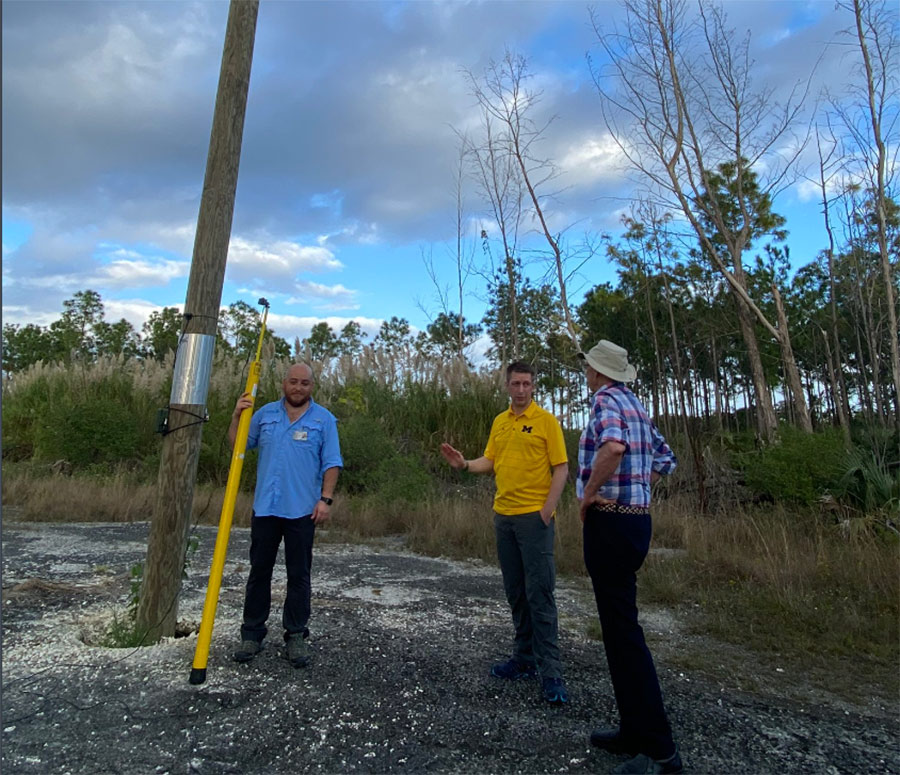
An evolving success story

Photo by Joel Satore.
Racing to save the rarest bat in the U.S.
Bat Conservation International (BCI) and a broad spectrum of partners are racing to provide these federally Endangered bats with roosting and foraging sites as climate change and encroaching development decimate areas on which they depend. To save diminishing numbers of Florida bonneted bats, BCI:
- Documented (and continue to monitor) the second-largest known population of Florida bonneted bats.
- Identified a new artificial roost design that provides a long-term roosting habitat for the species.
- Expanded an acoustic monitoring network to provide greater detail on ranging patterns and foraging habitat preferences.
- Contacted over 10,000 people to increase awareness and support for the species.


An evolving success story
Photo by Dr.Jon Flanders.
In collaboration with key partners around the world, Bat Conservation International is working to end bat extinctions worldwide
- Helped support the rebuilding of Nakanacagi Village in Fiji after tropical cyclones severely impacted villagers who became the custodians of a bat sanctuary that contains the last known maternity roost for the Fijian free-tailed bat (Chaerephon bregullae).
Photo by Dr, Melquisedec Gamba-Rios.
- Engaged increasing numbers of stakeholders and landowners to secure the protection of Jamaica’s St. Clair cave, home to Critically Endangered Jamaican greater funnel-eared bats (Natalus jamaicensis).
fiji
Jason Corbett assesses a cave in Fiji.
Photo by Dr.Jon Flanders.
In collaboration with key partners around the world, Bat Conservation International is working to end bat extinctions worldwide
- Helped support the rebuilding of Nakanacagi Village in Fiji after tropical cyclones severely impacted villagers who became the custodians of a bat sanctuary that contains the last known maternity roost for the Fijian free-tailed bat (Chaerephon bregullae).
- Engaged increasing numbers of stakeholders and landowners to secure the protection of Jamaica’s St. Clair cave, home to Critically Endangered Jamaican greater funnel-eared bats (Natalus jamaicensis).
jamaica
Photo by Dr, Melquisedec Gamba-Rios.